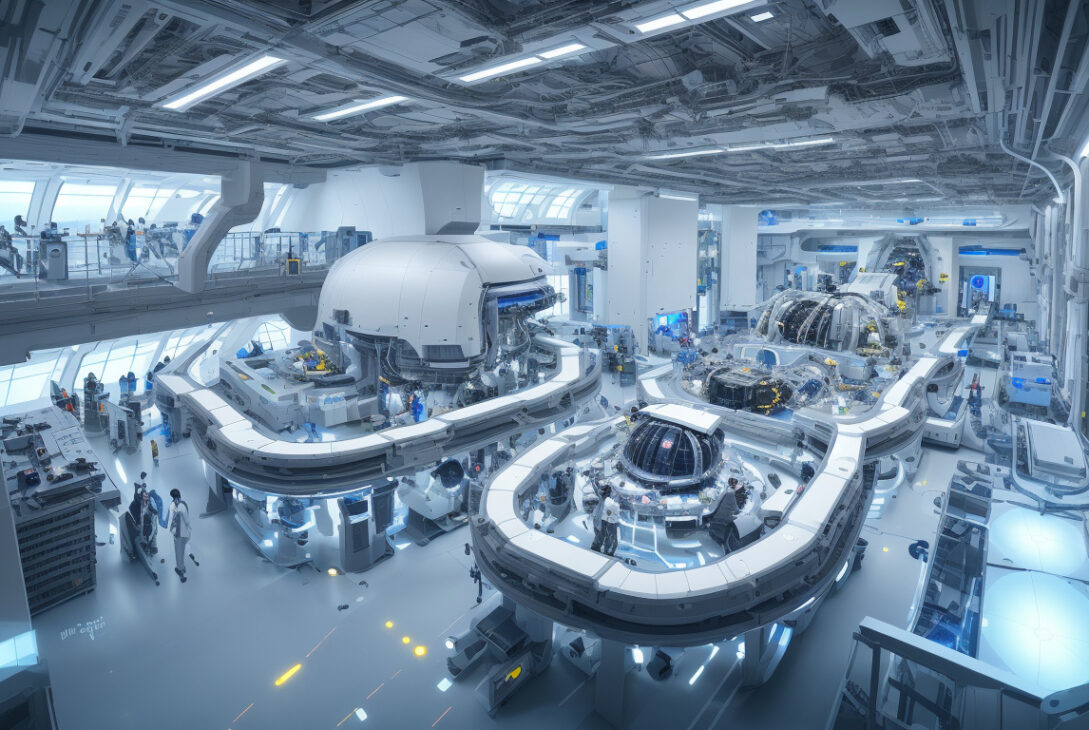IIT Kharagpur and IIST Explore Collaboration in Medical Technology for Space Applications
Thiruvananthapuram, August 10, 2025 — The Indian Institute of Technology Kharagpur (IIT Kharagpur) and the Indian Institute of Space Science and Technology (IIST) are currently exploring a collaborative venture focused on advancing medical technology for space-related uses. This announcement was made by Prof. Suman Chakraborty, Director of IIT Kharagpur, during the 13th convocation ceremony of IIST held at the Liquid Propulsion Systems Centre (LPSC), Valiyamala.
Highlighting the potential of the partnership, Prof. Chakraborty emphasized IIST’s significant contributions in mission-class hardware design, incubating start-ups, and fostering strategic collaborations. These efforts, he said, have positioned India not merely as a participant but as a leader in the global arena of space innovation. “The IIST is the crucible of India’s space leadership, a place where dreams take the form of rockets, satellites, and future-ready solutions,” he stated.
Prof. Chakraborty elaborated on the evolving landscape of space technology, underscoring that space exploration has transcended being the domain of a select few nations to become a global shared ambition. He pointed out India’s unique advantage in innovating cost-effective and impactful solutions, noting, “We know how to do more with less. We innovate not just for prestige, but for people.”
He described space technology as a grand convergence of multiple disciplines including artificial intelligence, robotics, nanotechnology, climate science, philosophy, medicine, and law. As an exemplar of interdisciplinary success, Prof. Chakraborty cited ISRO’s Chandrayaan 3 mission. He encouraged IIST graduates to lead movements that make India a hub for responsible and inclusive space innovations and to help develop policies that ensure equitable access to space resources.
Adding to the discourse, M. Mohan, Director of LPSC, highlighted ISRO’s ambitious plans following the success of the NASA-ISRO Synthetic Aperture Radar (NISAR) mission. He mentioned ongoing efforts in the development of complex systems for upcoming major missions including the next-generation launch vehicle, Bharatiya Antriksh Station, Chandrayaan-4 sample return mission, Gaganyaan human space mission, and India’s first Venus probe. These projects demand advanced manufacturing technologies capable of mass production.
IIST Chancellor B.N. Suresh stressed the importance of self-reliance in strategic sectors, urging a reduction in imports that impact national security. Meanwhile, ISRO Chairperson V. Narayanan addressed the convocation attendees virtually, and IIST Director Dipankar Banerjee presented the academic report.
The convocation ceremony recognized the achievements of 309 graduates, awarding degrees spanning 124 Bachelor of Technology (BTech), 17 dual BTech + MTech/MS degrees, 130 postgraduate MTech and MS degrees, and 38 doctorates (PhDs).
This collaborative exploration into medical technology marks a strategic step toward intertwining space science with healthcare innovations, potentially enhancing astronaut health management, developing novel medical devices for space missions, and translating these advancements for terrestrial health benefits.
Published by The Hindu Bureau, August 10, 2025










